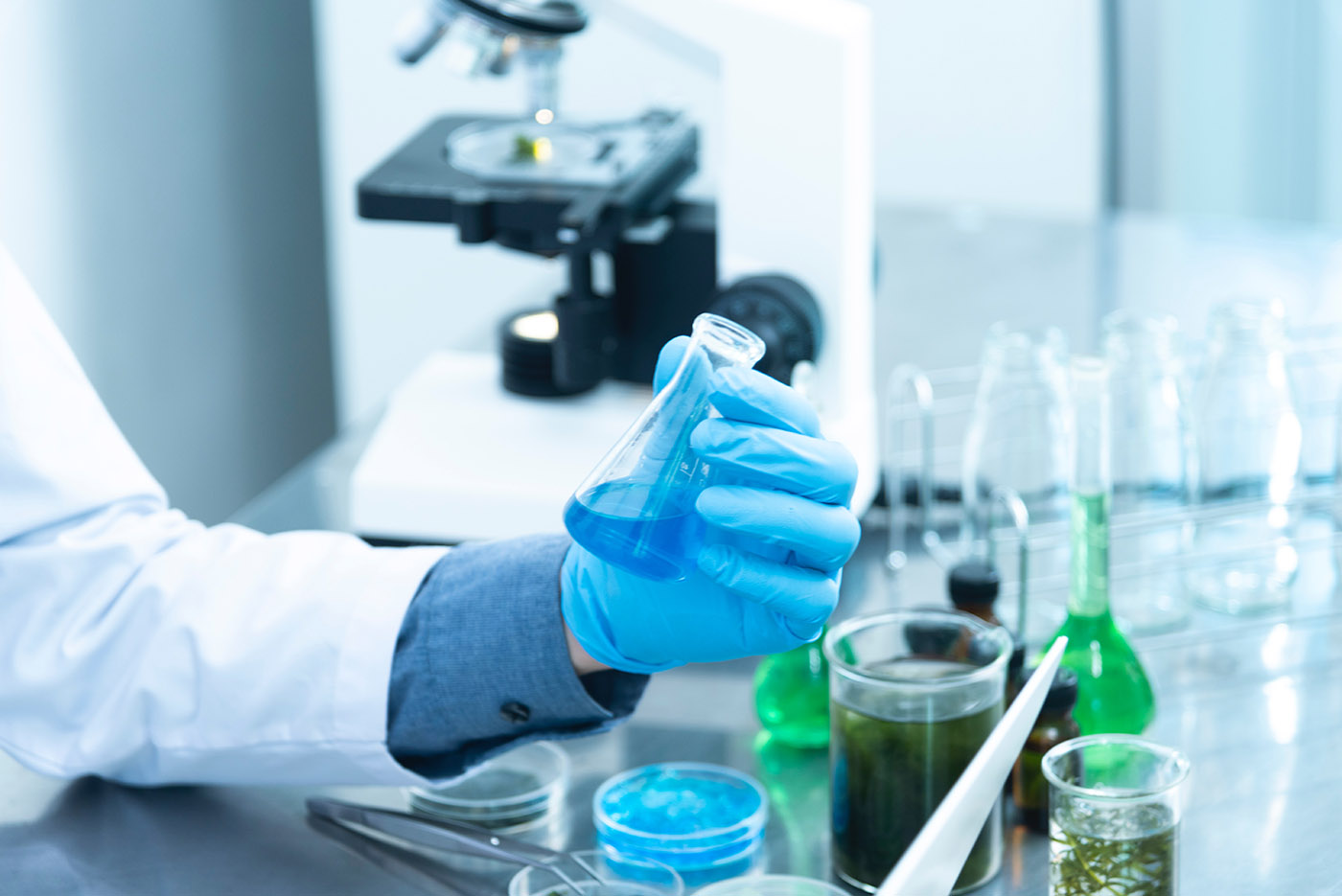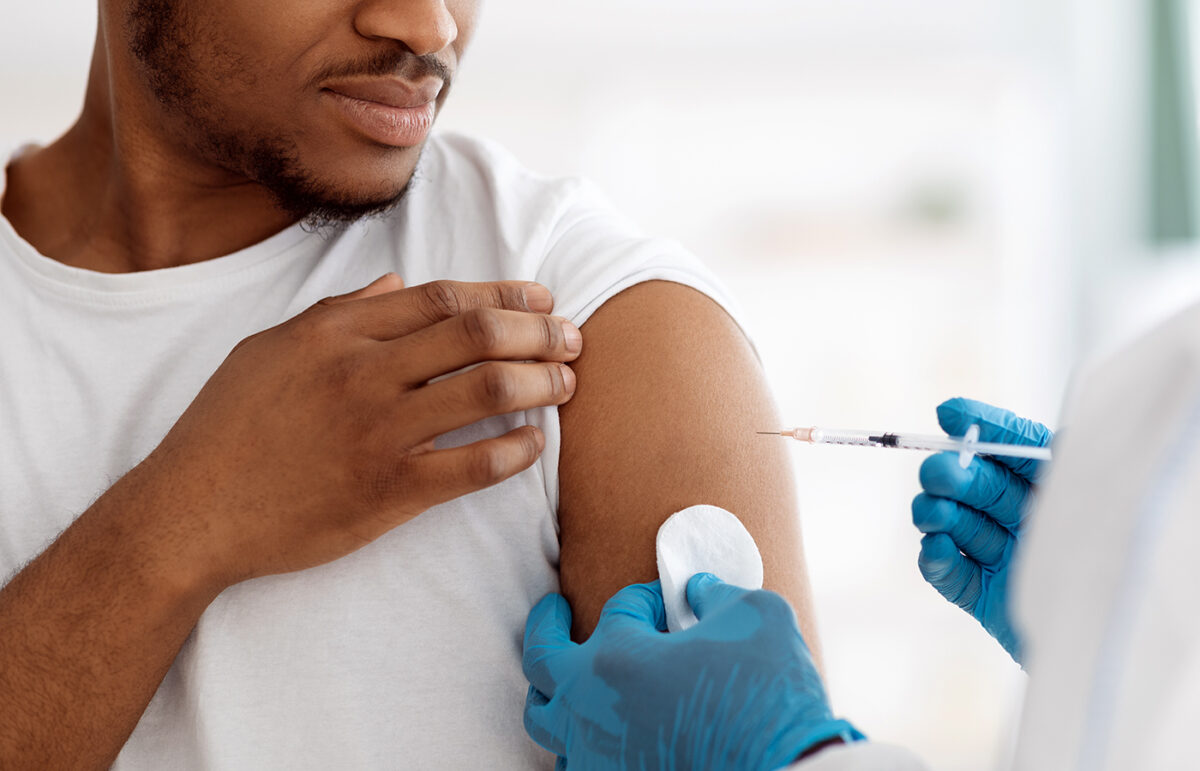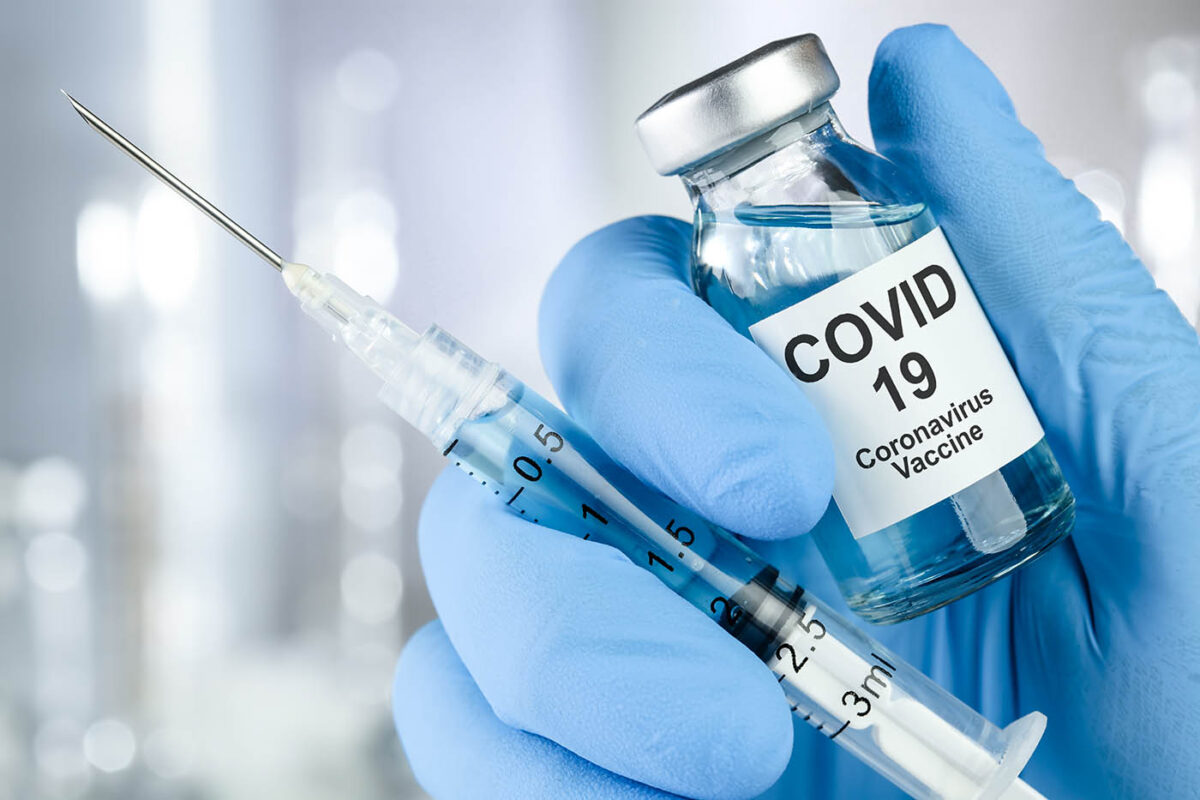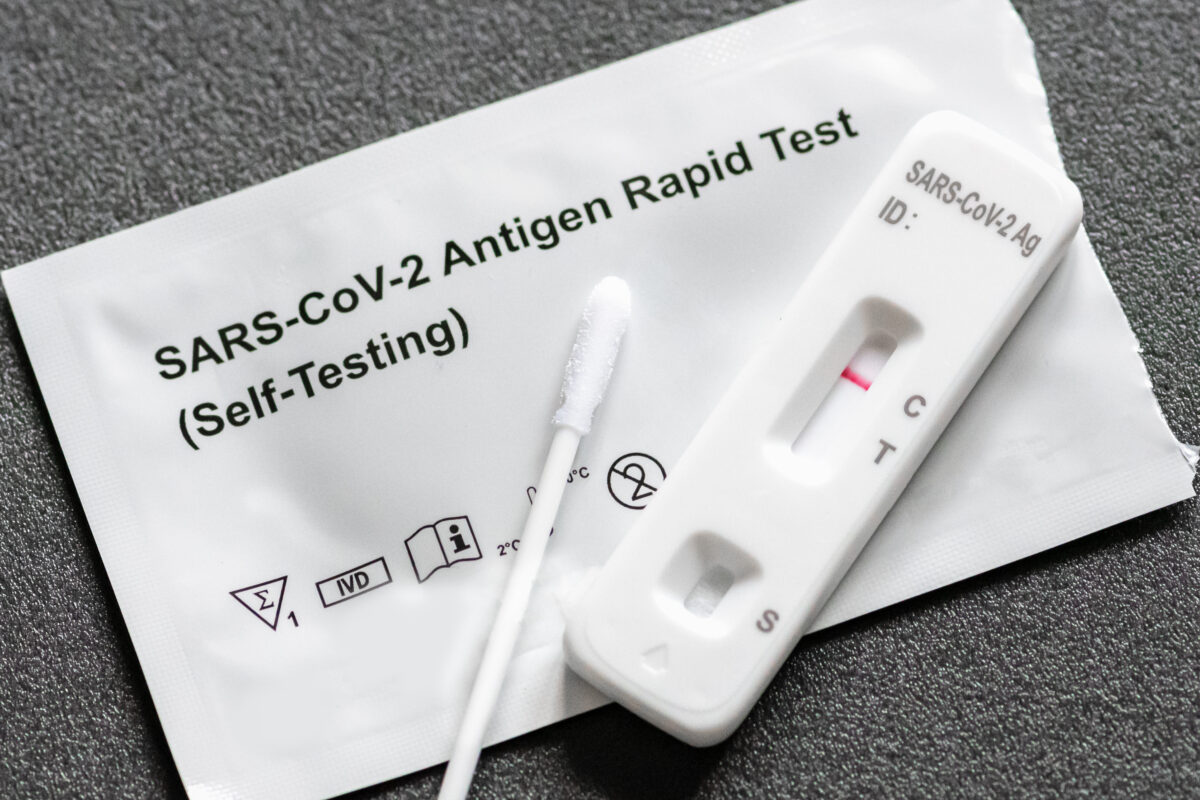
In this installment in our series explaining key terms and phrases used by public health officials in discussions of the COVID-19 pandemic, we look at the terms “efficacy” and “effectiveness” in the context of vaccine development.
Recent developments on the COVID-19 vaccine front have included promising trial results for three of the top COVID-19 vaccine candidates, including reported efficacy rates of 90% or higher. Strictly speaking, “efficacy” and “effectiveness” have different meanings in the context of vaccine development, despite often being used interchangeably in news stories.
In this context, vaccine efficacy and vaccine effectiveness both represent the percentage of reduction in symptomatic infection among people who are vaccinated. Vaccine efficacy is defined as how well a vaccine performs under the most ideal conditions, including randomized controlled trials (RCTs), which are considered the gold standard of clinical trials. In RCTs, there are certain controls in place to ensure these ideal conditions, such as enrollment of healthy participants and proper vaccine storage and distribution.
Vaccine effectiveness refers to how well a vaccine performs under “real-world” conditions, or less than perfectly controlled circumstances. The Center for Disease Control and Prevention (CDC) provides seasonal flu vaccine effectiveness studies which assess the flu vaccine as a public health intervention. The CDC also plans to track the effectiveness of a COVID-19 vaccine under real-world conditions.
In the past few weeks, trial results for three of the leading vaccine candidates have suggested high efficacy rates, including vaccines developed by Moderna (94.5% efficacy rate), Pfizer and BioNTech (95% efficacy rate), and AstraZeneca (70% efficacy rate on average, with one dosing regimen showing a 90% efficacy rate). While these efficacy rates are high, it is important to keep in mind that the deployment of any COVID-19 vaccine into real-world settings will have an impact on how well the vaccine works, since no vaccine is 100% successful in preventing disease. While the 90% efficacy rates for these COVID-19 vaccines when given in ideal circumstances is very encouraging, the effectiveness of the vaccines when they are administered in the real world remains to be seen.






